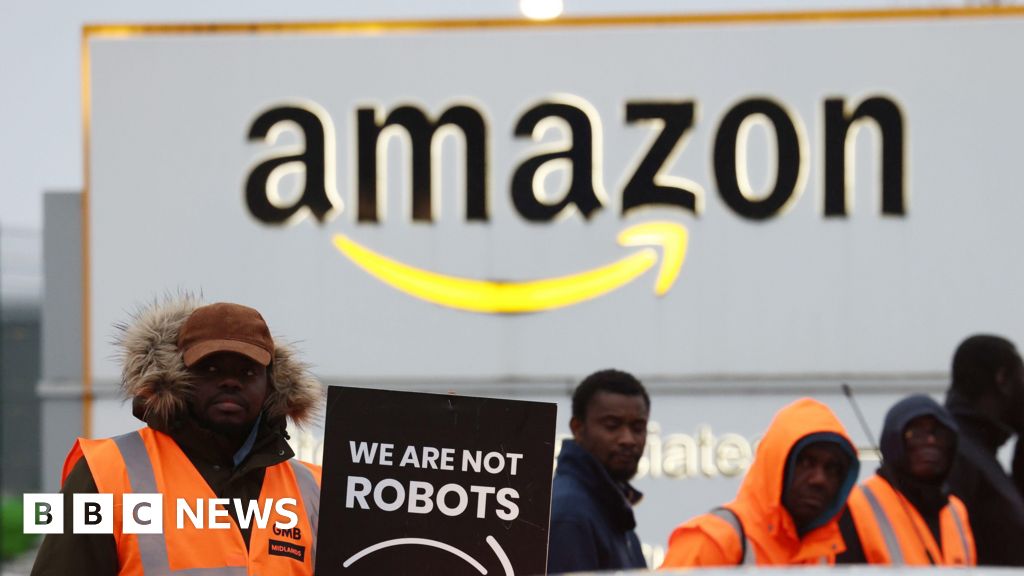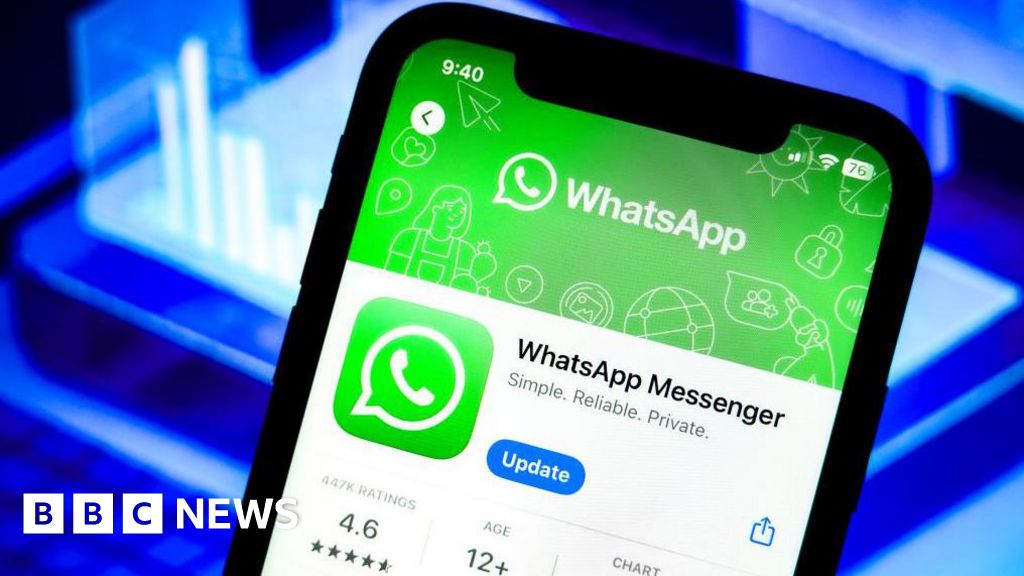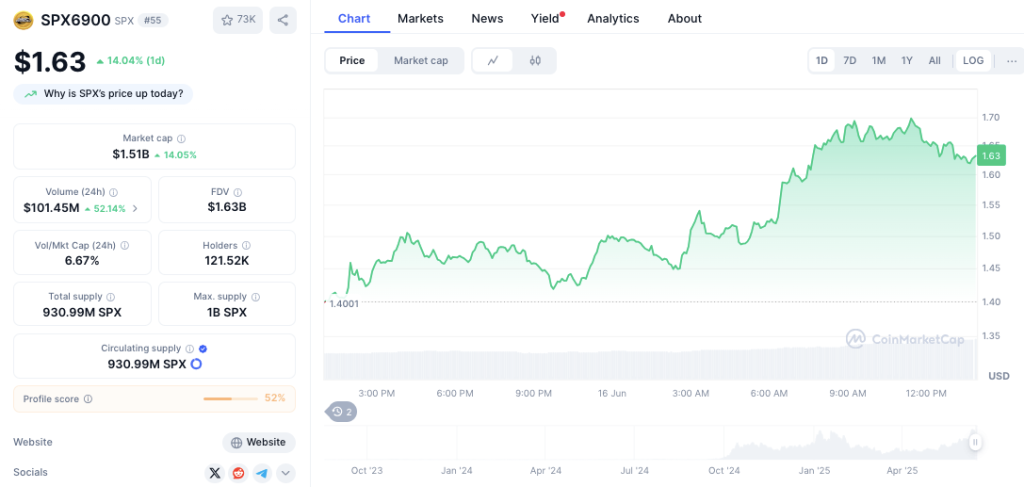Amazon, which is one of the UK’s largest private sector employers, with 75,000 workers, made it clear all along that it did not want to recognise a union and that it wanted to retain direct communication with its staff.
After the vote on Wednesday, it further reiterated that “having daily conversations” with staff was “an essential part of our work culture”.
“We value that direct relationship and so do our employees. This is why we’ve always worked hard to listen to them, act on their feedback, and invest heavily in great pay, benefits and skills development,” the firm added.
The GMB says it is surprised by what it sees as the fearlessness of an overwhelmingly immigrant workforce, many of whom arrived recently from South Asia.
Union organisers estimate that as little as 5% of the Coventry employees are British born and its campaign leaflets were translated into 12 different languages.
They say that in the beginning many were frightened to get involved but as the strikes wore on, and people saw that workers who’d joined picket lines weren’t facing disciplinary action, their confidence grew.
The result could dash unions’ hopes that the new Labour government will strengthen their power to organise.
Labour has promised to make it easier for unions to win recognition ballots by lowering the required threshold for victory and to make it easier for union officials to recruit in workplaces.
Credit: Source link











